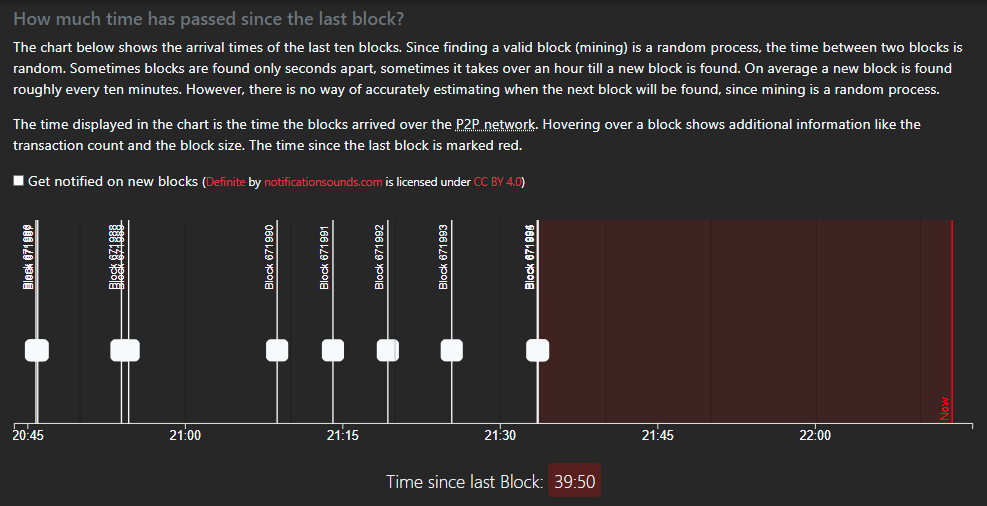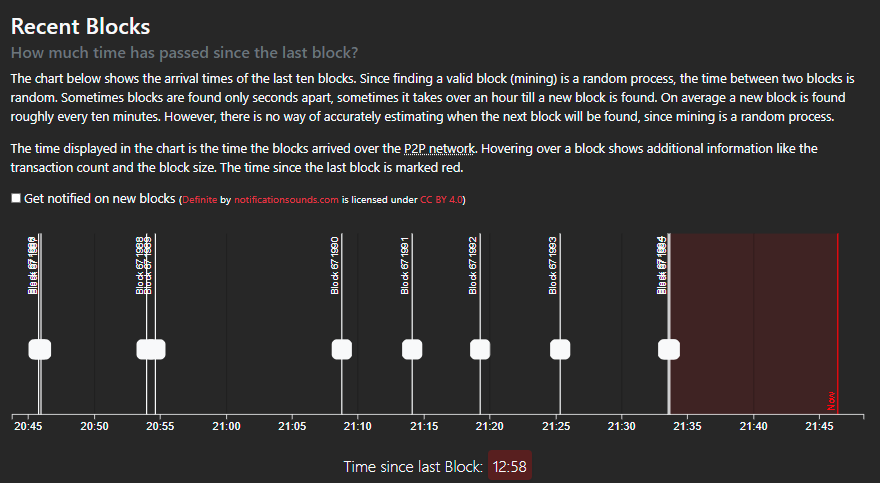If Joe sends Sue a satoshi, it will be at least 9 minutes and 59 seconds until they get 1 confirmation (as I understand it).
This is not true. There is no fixed time interval between two blocks. You might see several blocks in a few minutes andor no blocks for an hour. On an average if looking at a bigger time frame, the block time interval is ~10 minutes because of difficulty adjustmentadjustments.
Then, subsequent blocks will increase the number of confirmations in perpetuity, with 6 blocks equating to roughly one hour.
Partially correct. Blocks mined after itthe first confirmation will increase a transaction's number of confirmations.
But up until today, I always thought that "confirmations" were simply fullnodes (such as the non-pruned Bitcoin Core I'm running) "confirming" that the transaction took place
Pruned Nodesnodes are also Fullfull nodes because they fully validate all blocks and transactions.
Full nodes do not add transactions into blocks. ItsThat is done by miners andwhen they mine blocks.
If so, what is the point of my fullnode? Does it have any say/power whatsoever? It seems like the miners are the only ones who matter
Full nodes are used because you cannot trust others (verify all transactions yourself), privacy (not leak information about your transactions) and enforce consensus rules.
Miners are not the only ones who matter. InsteadRather, if miners mine invalid blocks it getsthose get rejected by the full nodes.


